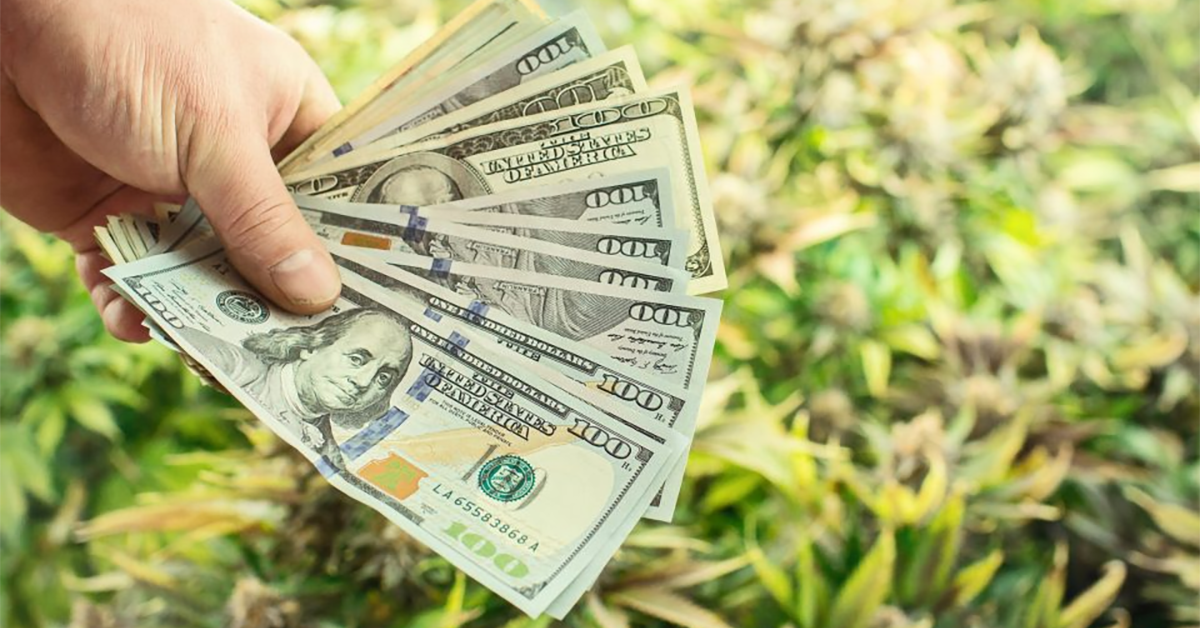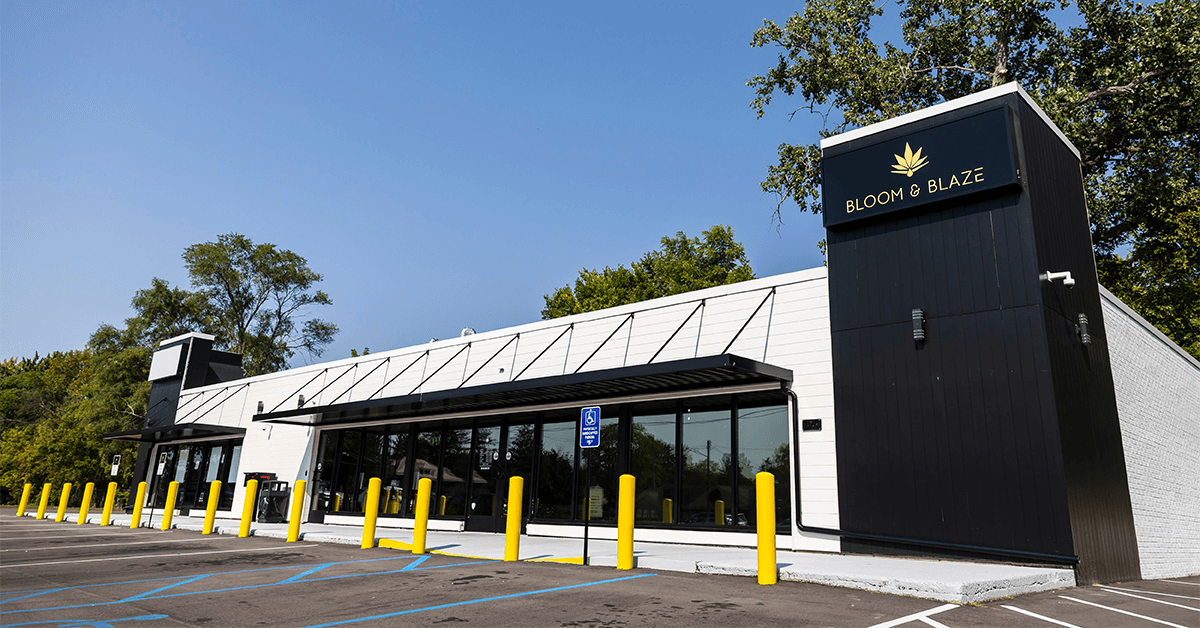Michigan's Recreational Marijuana Sales Surpass Beer, Wine, and Liquor

In Michigan, recreational marijuana sales have surpassed those of beer, wine, and liquor, reflecting a significant shift in consumer preferences and market dynamics.
The latest report from the House Fiscal Agency, released last week, highlights this trend with striking numbers. In the 2023 fiscal year, which concluded on September 30th, Michigan's recreational marijuana excise tax revenue soared to $266.2 million. This marks a substantial 49.1% increase from the previous year and is notably 38% higher than the $192.6 million garnered from the sales of beer, wine, and liquor in the same period.
This widening gap underscores not only Michigan's robust consumer market for marijuana but also the differences in tax structures for these products. Recreational marijuana in Michigan is subject to a 10% excise tax at both the wholesale and consumer levels. In contrast, alcohol excise taxes are considerably lower, with beer wholesalers paying $6.30 per 31-gallon barrel and wine and champagne attracting a $0.51 per gallon tax. It's important to note that these figures do not include Michigan's 6% sales tax, which applies to all these consumables but is not reflected in the excise tax report.
Since the opening of recreational marijuana shops in December 2019, the industry has experienced explosive growth. In the fiscal year 2023, nearly $2.8 billion worth of recreational marijuana was sold in Michigan, peaking at $270.63 million in August alone.
This surge in marijuana sales is significantly benefiting communities that have opted to permit marijuana production and sales. From the fiscal year 2022 tax revenues, which included an additional $5.8 million from medical marijuana taxes, the state distributed $59.5 million to 224 municipalities and counties involved in marijuana sales.
Michigan law dictates that 30% of recreational marijuana tax revenue is shared between counties and municipalities, based on the number of marijuana businesses in each area. In this arrangement, each municipality hosting marijuana sales received $51,841.21 for every licensed retailer or microbusiness.
However, it's noteworthy that less than 15% of Michigan's 1,773 municipalities have chosen to participate in marijuana sales, leaving nearly 1,000 communities without this source of tax revenue.
Of the remaining 70% of marijuana tax revenue, half is allocated to the state's School Aid Fund for K-12 education, with the other half going to the state's transportation fund. Despite these contributions, recreational marijuana taxes constituted only 0.8% of Michigan's $33.8 billion total tax revenue for the fiscal year. Income and sales taxes remain the primary revenue sources for the state, with tobacco taxes—primarily from a $2 per pack cigarette tax—continuing to be a significant non-sales tax revenue stream, bringing in over $722.2 million in fiscal 2023.
Share this article:
Spotted a typo, grammatical error, or a factual inaccuracy? Let us know - we're committed to correcting errors swiftly and accurately!








 Helpful Links
Helpful Links